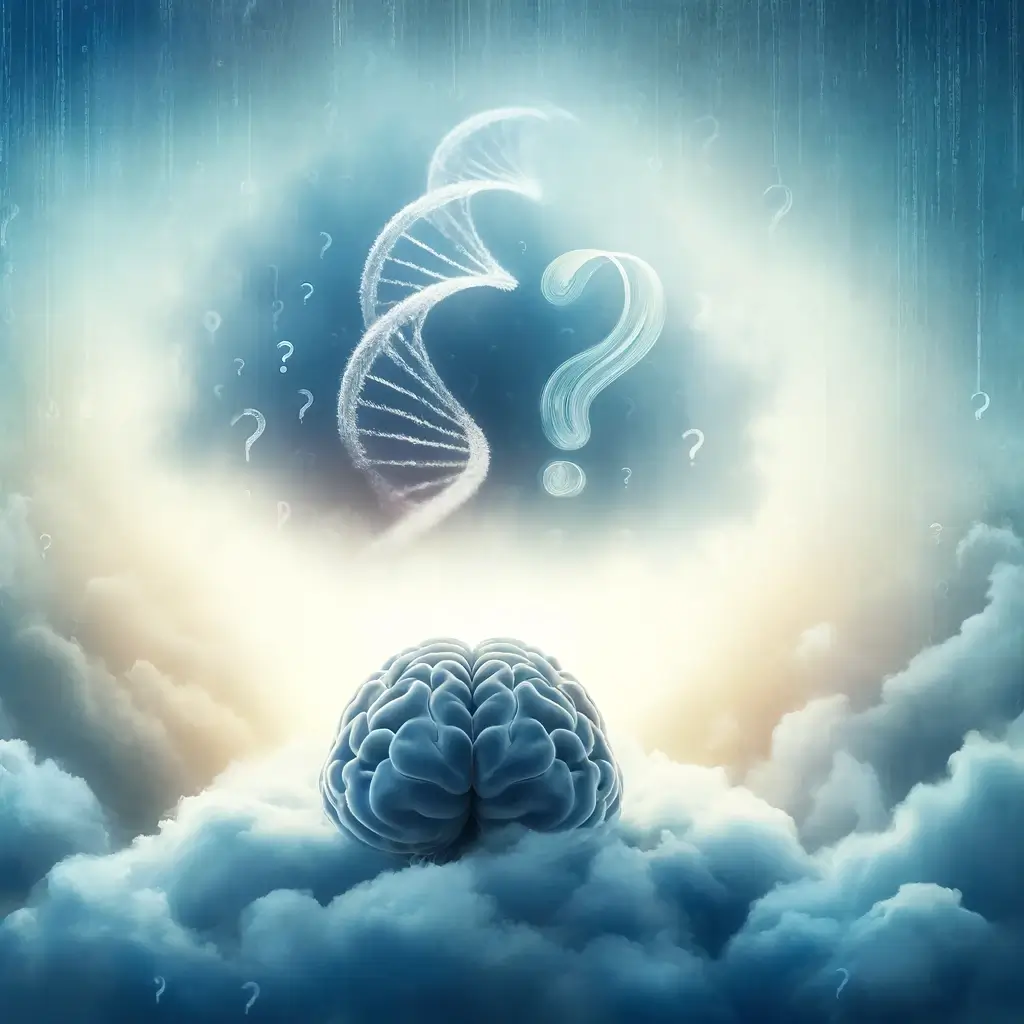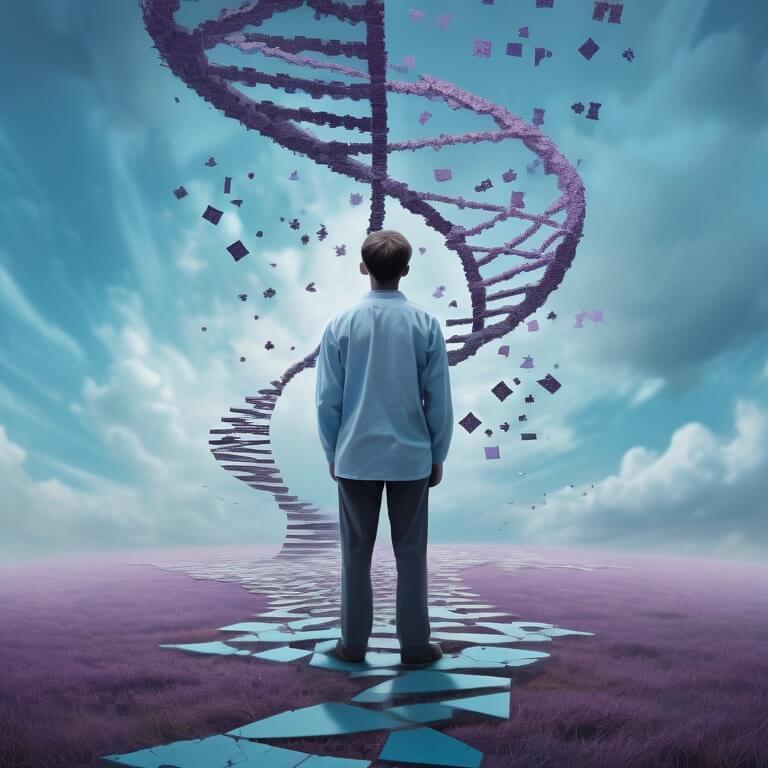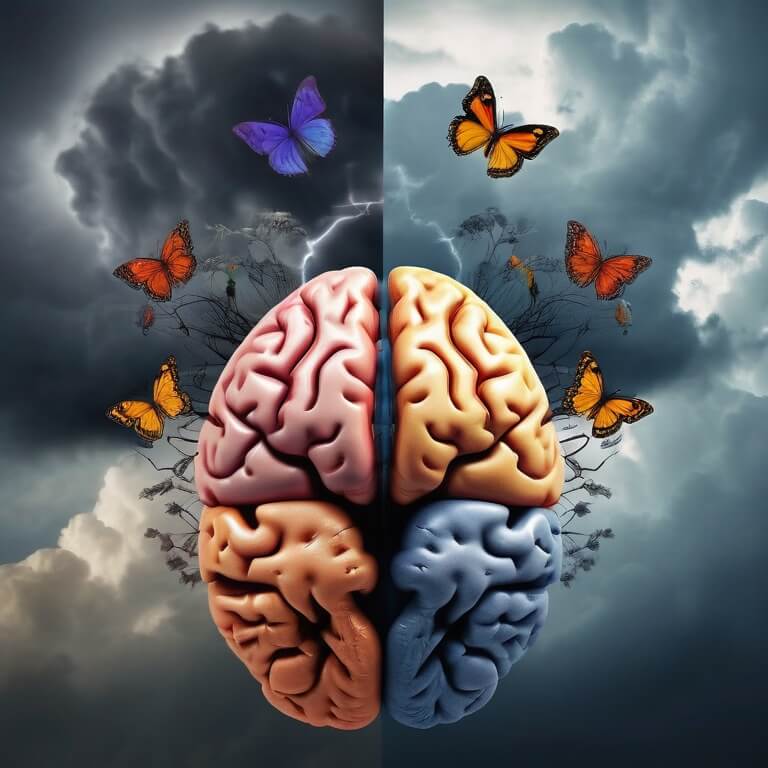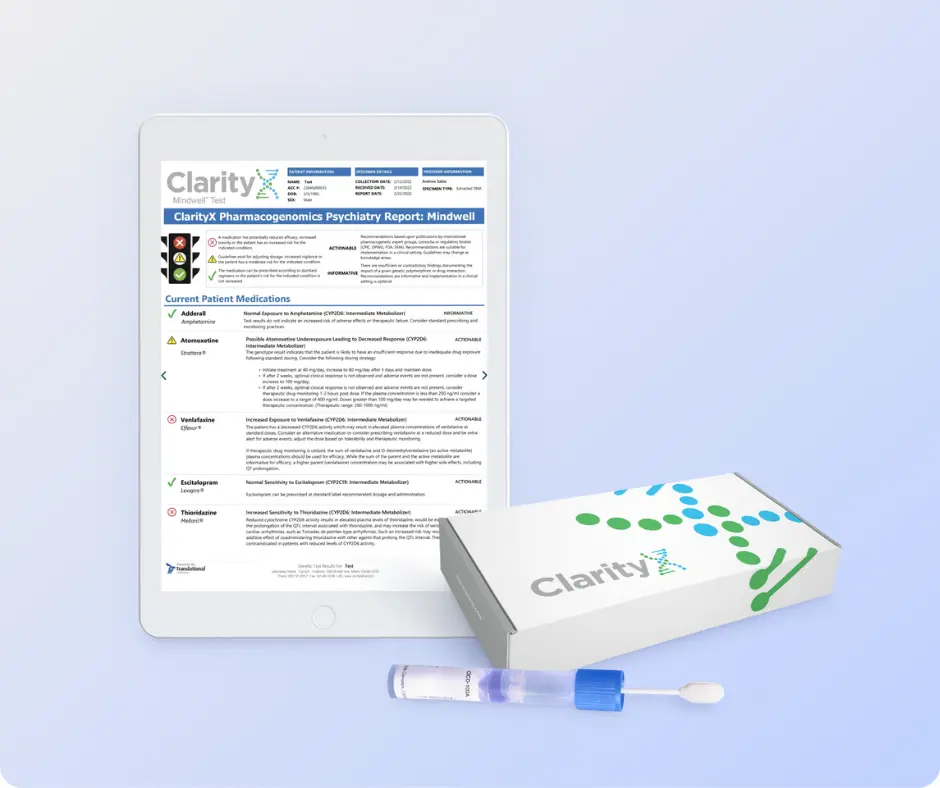Mental health awareness is an increasingly important topic in the United States. Over 40 million Americans struggle with an anxiety disorder, and 60% of those people also exhibit signs of depression. Since these conditions commonly occur together, people often ask: what’s the difference between anxiety and depression?
Although anxiety and depression have many symptoms in common — such as moodiness, limited social interests and poor health — they differ in fundamental ways. Examining the difference between depression and anxiety can help us learn more about these conditions and how to treat them effectively.
What is Anxiety?
Everybody experiences an anxious mood every now and then, especially before a nerve-wracking event (such as a job interview or a big speech). However, if you feel constantly overwhelmed — to the point that it interferes with your ability to complete day-to-day tasks — then you may have an anxiety condition.
There are different levels of anxiety, from the chronic worrying found in generalized anxiety disorder to the limited social capabilities common with social anxiety disorder. Typically, anxiety is characterized by the following:
- Rapid breathing and sweating when nervous
- Uncontrollable thoughts and concerns
- Avoiding potentially stressful situations
People that are unfamiliar with anxiety may wonder: is anxiety a mood disorder? While anxiety and mood disorders both affect how you feel, anxiety is not directly connected to your mood in the way conditions like depression and bipolar disorder are. Rather, anxiety falls in its own class of mental disorders.
What Is Depression?
Depression is a serious mental condition and mood disorder that affects the way you think, feel and act. While it’s normal to be irritable or upset every now and then, there’s a strong difference between being depressed and having depression. The former is a temporary state of mind typically brought on by an event, while the latter features consistent negativity that impairs your life for an extended period of time.
Like with anxiety, there are different versions of depression — some depressions are triggered by things like the weather, while others are ongoing. Generally, depression comes with the following symptoms:
- Feelings of hopelessness
- Low self-esteem
- Suicidal thoughts
If left untreated, depression can escalate and make it difficult to complete basic tasks, such as getting out of bed in the morning.
Anxiety Depression Difference: What is the Difference Between Depression and Anxiety?
Now that you understand what depression and anxiety are, it’s time to take a closer look at the differences between them.
It’s worth noting that there are several similarities between anxiety and depression — both encourage negative emotions that impact your mood and ability to function in day-to-day life. People with these conditions also tend to struggle with forming social bonds, creating goals and finding success. However, they have key emotional and physical differences:
- Emotional Symptoms: Depression revolves around being sad, while anxiety revolves around being worried. An anxious person might be overly concerned about an upcoming event, while a depressed person may be the opposite of anxious and just not care at all.
- Physical symptoms: People with anxiety often experience gastrointestinal symptoms due to nerves. Those with depression, on the other hand, typically lack energy and feel fatigued.
As mentioned above, it’s possible to have both anxiety and depression simultaneously. Whether you’re experiencing both conditions or just one, it’s important to seek treatment if you hope to overcome those negative feelings and take back control of your life.
Can Depression and Anxiety Be Treated?
Both depression and anxiety can greatly hinder the quality of life. The good news is, symptoms can be relieved through consistent treatment. Treatments for these conditions overlap and generally consist of the following:
- Cognitive-behavioral therapy (CBT): This psychological treatment uses therapy to change your thinking patterns and behavior.
- Psychodynamic therapy: This in-depth type of therapy prompts people to evaluate their lives and gain insight into their behavior.
- Medication: Many doctors prescribe antidepressants and psychiatric medications to help relieve symptoms.
While therapy is a safe treatment option for just about anyone, the same cannot be said for medication. Some drugs cause adverse effects in certain people, which is why doctors generally ask for your medical history before prescribing them. Unfortunately, this isn’t a fail-safe way to reduce the risk of side effects, which is why more and more doctors are turning to DNA testing.
How Does DNA Testing Help Treat Anxiety and Depression?
DNA plays a pivotal role in the trajectory of our lives. Every person inherits over 20,000 genes — which are found in DNA — from their parents, which in turn affect our appearances, natures and health. In some cases, genes can even make you more likely to develop anxiety or depression.
One particularly important function of genes is the creation of proteins called enzymes, which metabolize medications. A slight change in one of your genetic sequences can affect the resulting enzyme and interfere with its ability to break down drugs.
At ClarityX, we use DNA to help you find the best treatment option for your needs. By evaluating your unique genetic variations, our mental wellness test can give you insight into which antidepressants or psychiatric medications you should avoid. Our ultimate goal is to help you attain a healthier, happier lifestyle.





